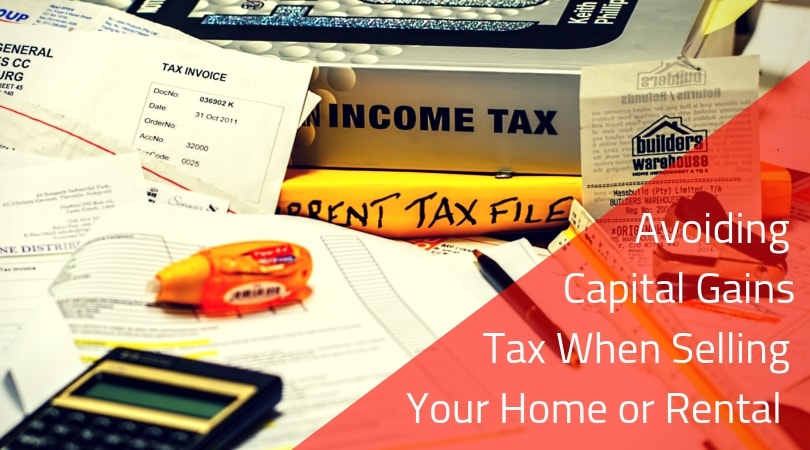Current and future taxes affect a real property’s return on investment. For residential real estate investors, capital gains taxes vary by situation. Why a property was acquired and how it was occupied will determine whether an investor will owe capital gains tax upon resale.
What Are Capital Gains Taxes?
Capital assets are generally defined as significant properties, owned by a taxpayer, that have a longer useful life of more than one year and would not be offered for sale in the normal course of business. Some governments charge taxes upon a property’s sale on its ‘capital gain’ or the difference between the original cost of the property and its later sale price. Federal capital gains taxes apply to all sales of private real estate in the United States. Individual states treat capital gains in different ways; in New England, all states (except New Hampshire) charge capital gains taxes.
The U.S. government has been collecting capital gains taxes since 1913. Federal capital gains tax laws have changed many times since then; the most recent changes came with the ‘Tax Cuts and Jobs Act of 2017’, starting with the tax year 2018. That recent act continued capital gains taxation, but it altered the tax rates, based on a taxpayer’s tax bracket.
Capital Gains Taxes on Residential Real Estate
Privately owned residential real estate is subject to federal capital gains taxation, though some special considerations apply to owner-occupied homes. By federal law, home sales are exempt from capital gains taxes when the seller has owned and used a home as their primary residence for two out of the last five years. If those conditions aren’t met, the exemption may also be allowed when ‘unforeseen circumstances’ occur, such as job loss, divorce, or family medical emergency. The exemption applies to capital gains up to $250,000 for individuals and $500,000 for married couples.
According to the I.R.S., the original cost of property—or its ‘basis’—includes its price, the fees and commissions paid to buy it, and the costs of any major improvements made to it after purchase. For property acquired by inheritance, the basis is usually the property’s market value as of the decedent’s death date. Likewise, the basis for a property received as a gift is its market value on the date it was given.
Residential real estate used mainly for rental does NOT qualify for the owner-occupancy capital gains tax exemption. However, if only a piece of the property was rented or used for business purposes while a substantial part was the owner’s primary place of residence, capital gains for the owner-occupied section is probably tax-exempt. In this situation, the I.R.S. provides detailed guidelines for calculating the portion of capital gains that would not be subject to taxes.
Planning Up Front
The ideal way to minimize capital gains taxes is to keep detailed records. Those records should include (a) complete information about the property’s use during the taxpayer’s ownership and (b) proof of all costs of any major improvements made after the property was acquired. The records will substantiate the taxpayer’s occupancy claims and support their basis estimate. When a residential property was purchased expressly for rental use, incurring capital gains taxes will be a near certainty at the time of sale. Some investors will set aside a portion of rental for those taxes; others account for them as a deduction from future sale proceeds.
Expert advice will help a residential-property buyer realize the highest return on investment. A good accountant stays current on recent real estate tax regulations, and they will be able to guide an investor to the investor’s best approach. Lastly, a real estate professional with specialized training and investment property experience is crucial to helping both buyer and seller achieve maximum returns.




